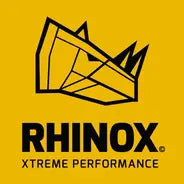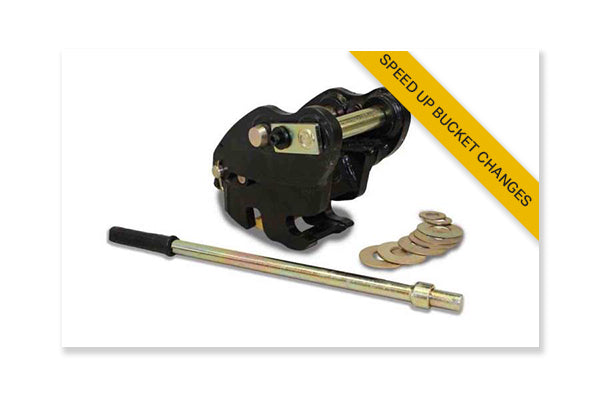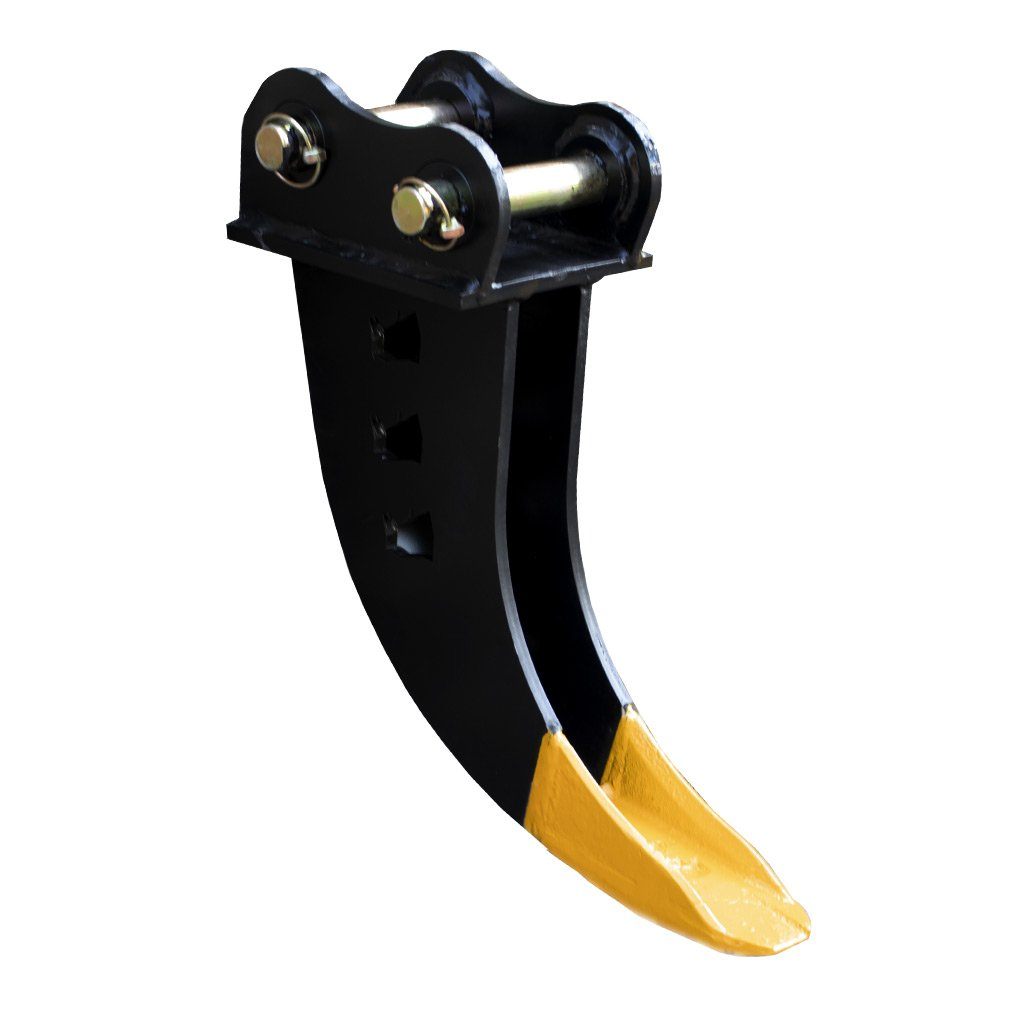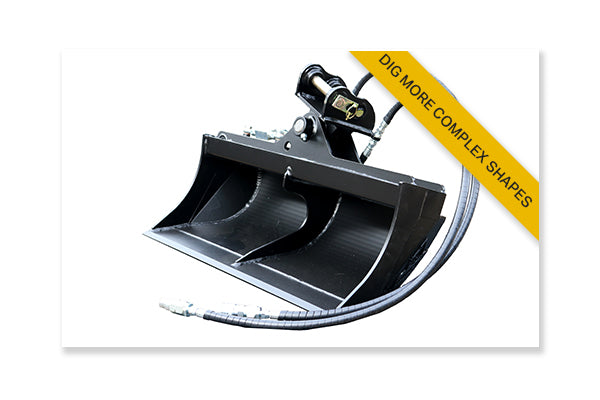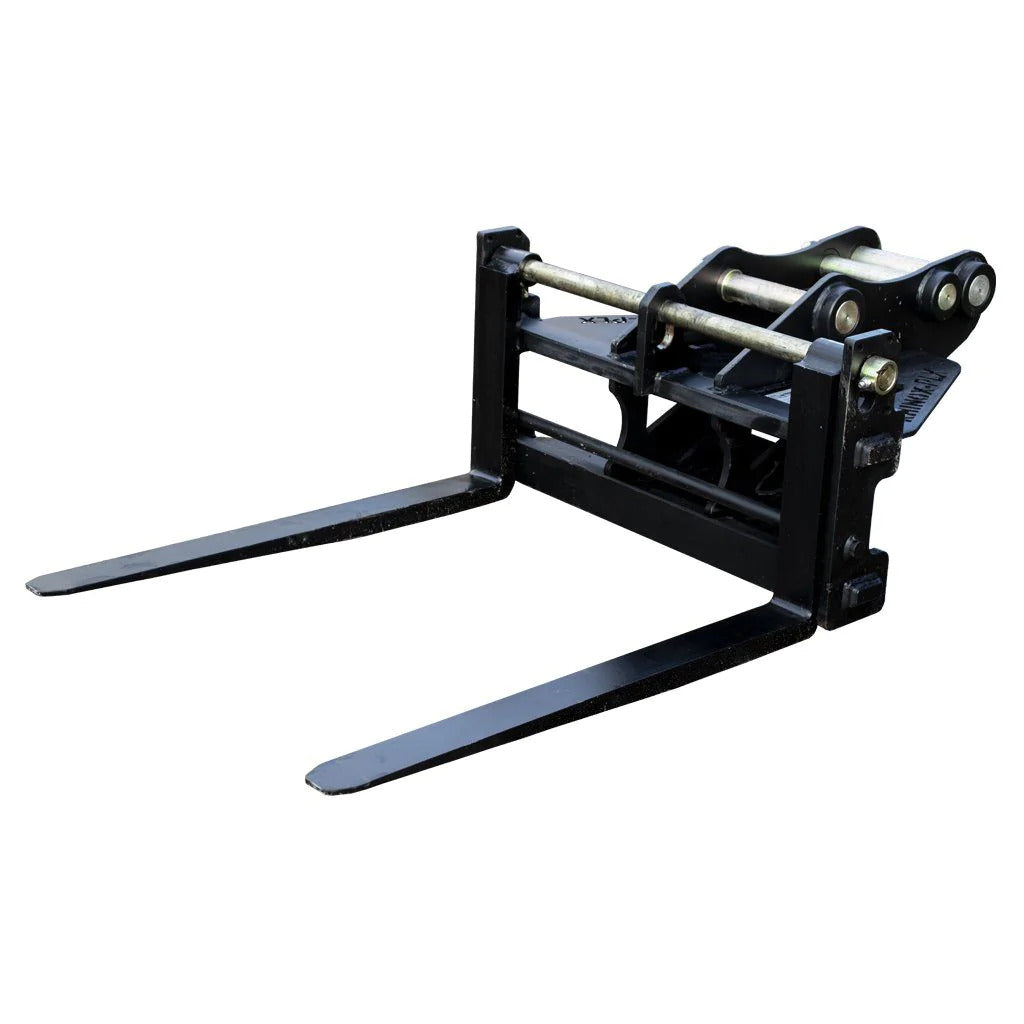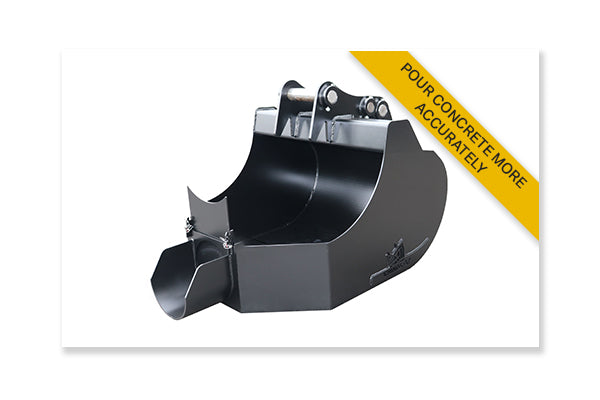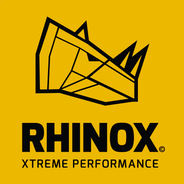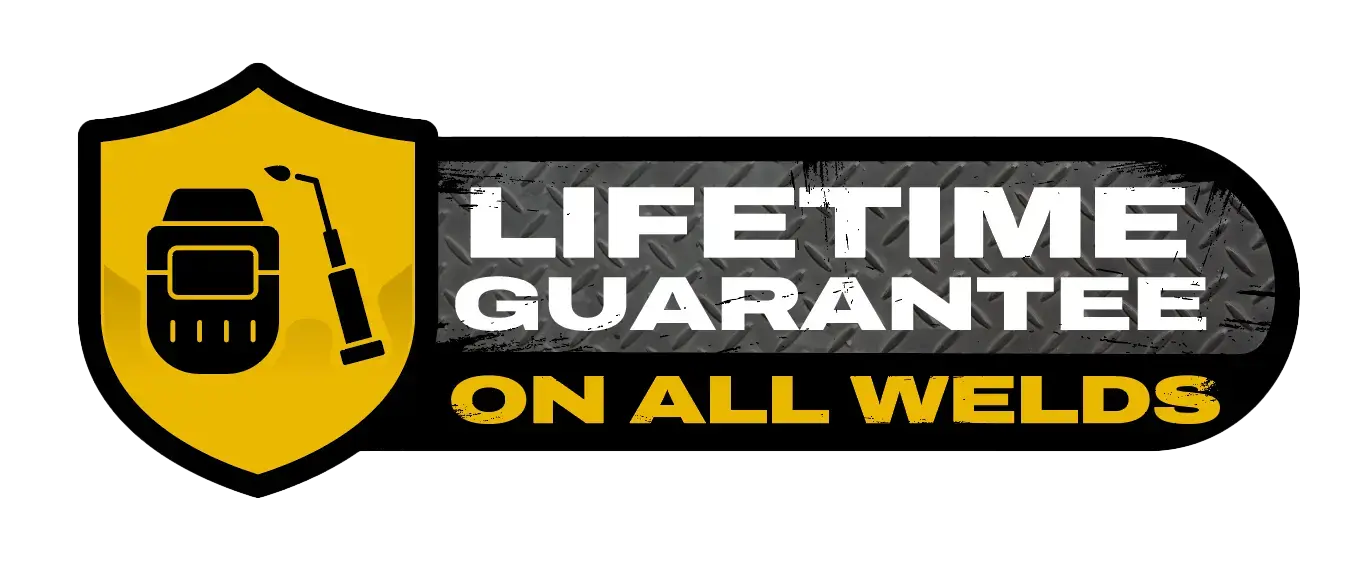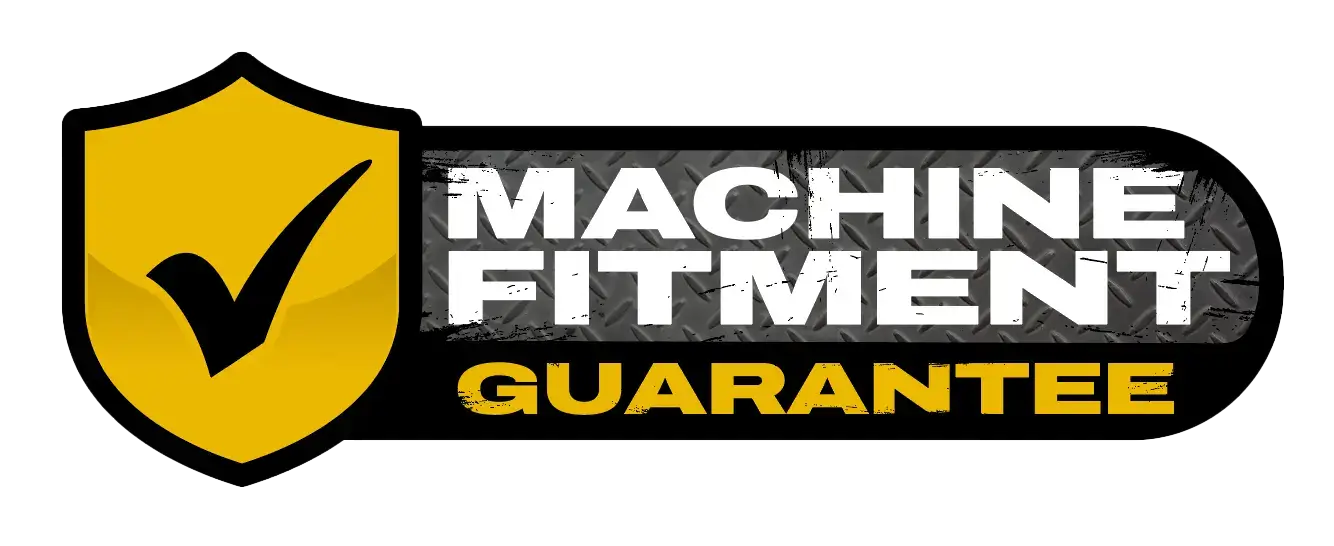
How do I protect my digger bucket from getting damaged?
If you're looking for an answer to this question, then you know that digging in rough ground can damage your digger bucket. We understand that it can be frustrating for you, so in this article we will go over how you can stop or reduce this problem. Keep reading below to find out...
Where to start...
There are a couple of ways you can help to stop your digger / excavator bucket from getting damaged. This can start from before you have made the purchase of your bucket until after you have been using it and the damaged has begun to show.
Suggestion 1: Buy from Manufacturers that add Wear Protection

This may not be useful if you currently own a bucket that has become damaged, but if you're looking to buy new ones we would recommend you look into the quality of the products you are buying and who you are buying them from.
Every manufacturer will make their buckets slightly differently but the buckets that can withstand the most amount of force, friction and will last the longest will be made with additional wear protection. This means they are made with extra layers of steel on top of the standard bucket shell to reinforce it and make it stronger and more durable. Wear protection is usually added on the high touch points of the bucket - the areas that come into contact with rough surfaces the most.
For example, we manufacture our buckets with wear plates along the side of the bucket, wear straps underneath the bucket and a reinforced leading edges on the side plates of the bucket. All of these places are places that deal with the most force while digging so it only makes sense to add extra protection. This extra protection will help prolong the life of your bucket and reduce signs of immediate wear while using.
Suggestion 2: Use a Bolt on Blade to protect bucket edge
Another way you can stop your excavator bucket from becoming damaged is if you fit a Bolt on Blade to your bucket edge. What is a Bolt on Blade? Simply, it is piece of hardened steel that you can bolt to the edge of your bucket to protect the bucket edge from wearing down. Instead, of damaging the bucket while digging, you will damage the piece of steel that can be taken off and replaced when worn or damaged. It saves you money on having to replace your entire bucket. If you want to know more about what a Bolt on Blade is and how it can save you time and money, watch the video below:
Suggestion 3: Use the correct attachment for the correct job
You may also be causing damage to your excavator bucket because you're using it for jobs that you shouldn't be! Would you brush your teeth with a paint brush? Then you shouldn't use your buckets for jobs other than digging or moving material.
For example, if you're trying to break up compact ground then you should use Ripper Tooth before you go in with your Digging or Grading / Ditching Bucket. Using this hardened, pointed attachment to break through the surface protects your bucket teeth / edge, saving it from unnecessary wear or damage. Another example is that you shouldn't use a Grading Bucket to lift concrete / patio slabs as this can cause damage to your blade or teeth. For more examples of how you might be misusing your buckets, click here.
